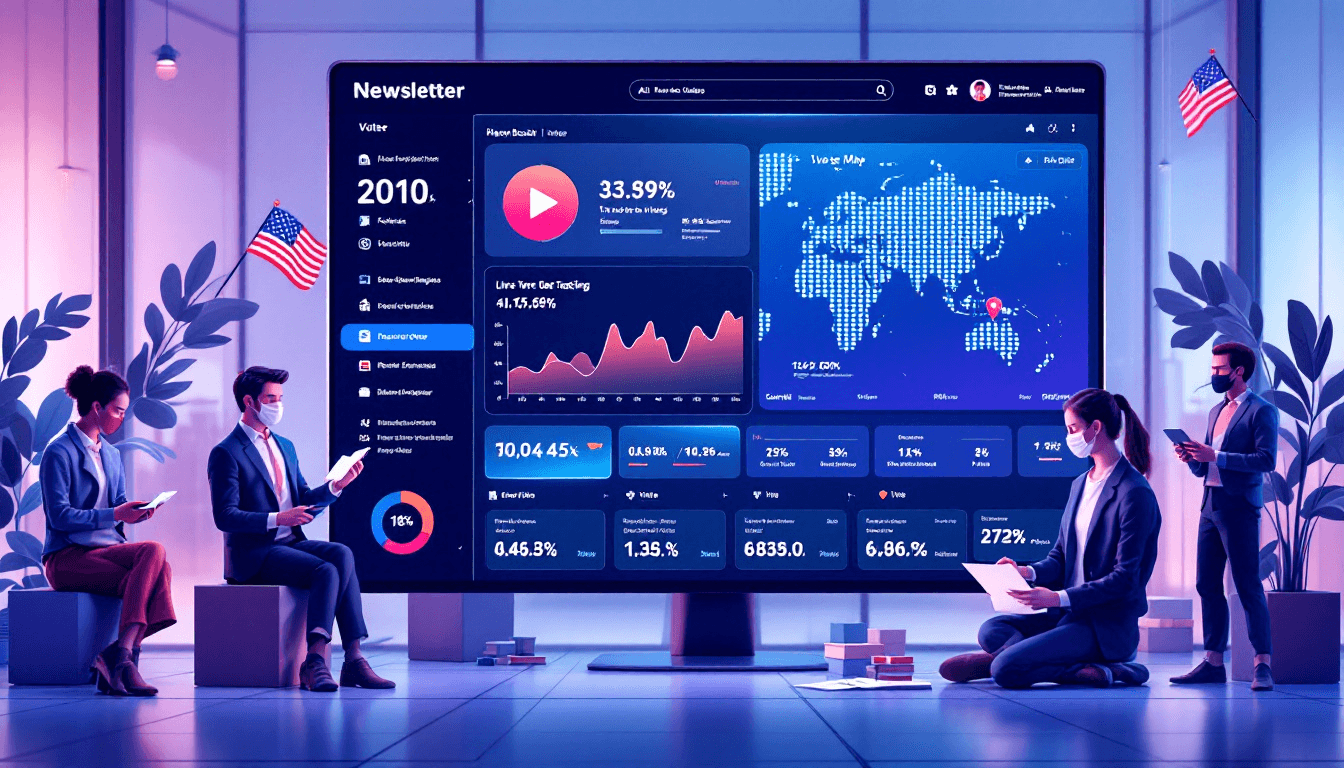AI Revolutionizes Election Information
AI Revolutionizes Election Information



In a bid to make election information more accessible and engaging, Perplexity has launched an AI-powered election information hub. This innovative platform provides users with AI-generated voting details and live vote tracking, aiming to increase voter participation and transparency in the electoral process.
The AI-powered hub uses natural language processing to provide users with personalized voting information, including candidate profiles, voting requirements, and polling station locations. This feature is particularly useful for voters who may be unsure about the voting process or need help navigating the complexities of election information. By leveraging AI technology, Perplexity's hub aims to make election information more accessible and user-friendly.
The AI-powered hub uses natural language processing to provide users with personalized voting information, including candidate profiles, voting requirements, and polling station locations. This feature is particularly useful for voters who may be unsure about the voting process or need help navigating the complexities of election information. By leveraging AI technology, Perplexity's hub aims to make election information more accessible and user-friendly.
But what about the potential risks of relying on AI-generated information? Experts warn that AI systems can be vulnerable to bias and misinformation, which could have serious consequences in the context of elections. To mitigate this risk, Perplexity's hub uses multiple sources to verify information and ensure accuracy. Additionally, the platform allows users to report any inaccuracies or concerns, which are then reviewed and addressed by the Perplexity team.
But what about the potential risks of relying on AI-generated information? Experts warn that AI systems can be vulnerable to bias and misinformation, which could have serious consequences in the context of elections. To mitigate this risk, Perplexity's hub uses multiple sources to verify information and ensure accuracy. Additionally, the platform allows users to report any inaccuracies or concerns, which are then reviewed and addressed by the Perplexity team.
As the use of AI in elections becomes more widespread, it's likely that we'll see more innovative applications of this technology in the future. For example, AI could be used to analyze voting patterns and predict election outcomes, or to help voters make more informed decisions by providing personalized recommendations. With Perplexity's AI-powered hub leading the way, it will be interesting to see how AI continues to shape the electoral landscape.

